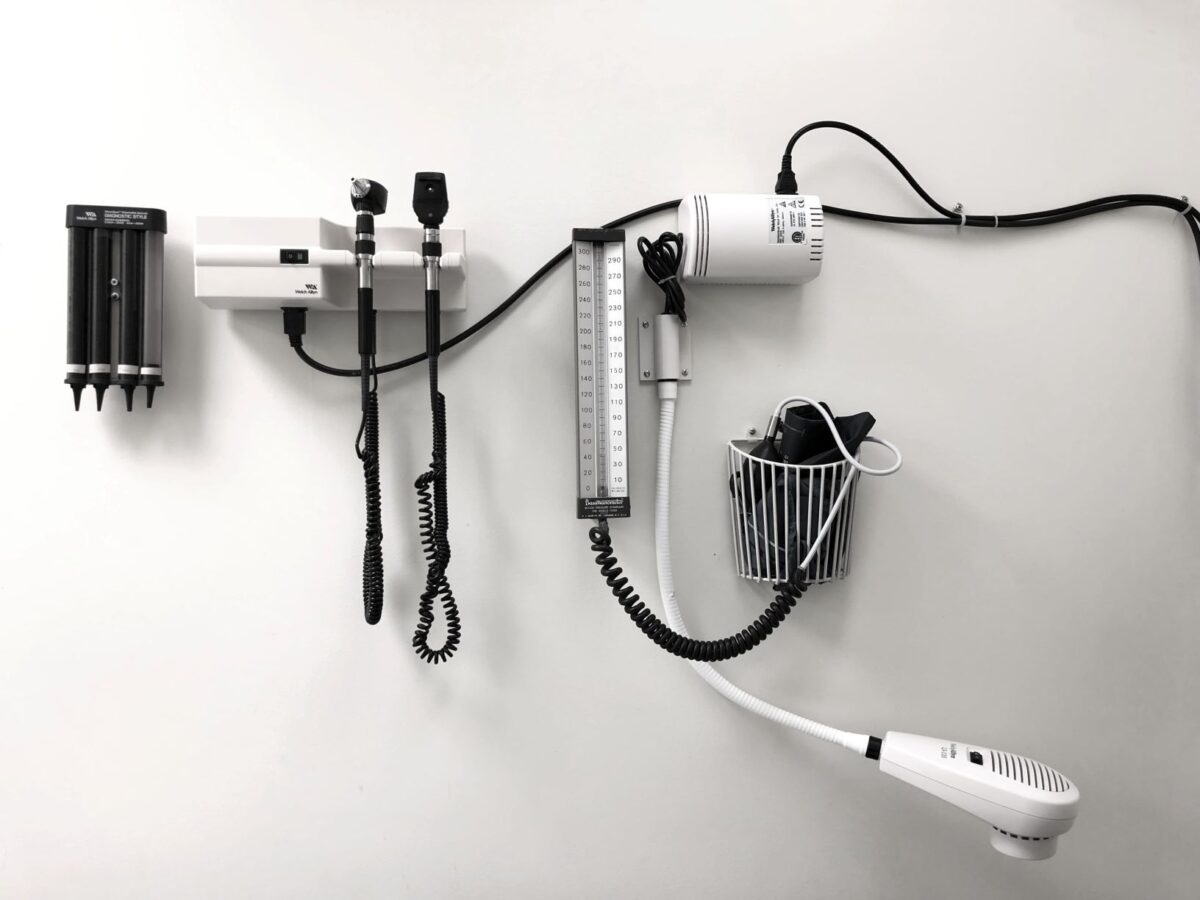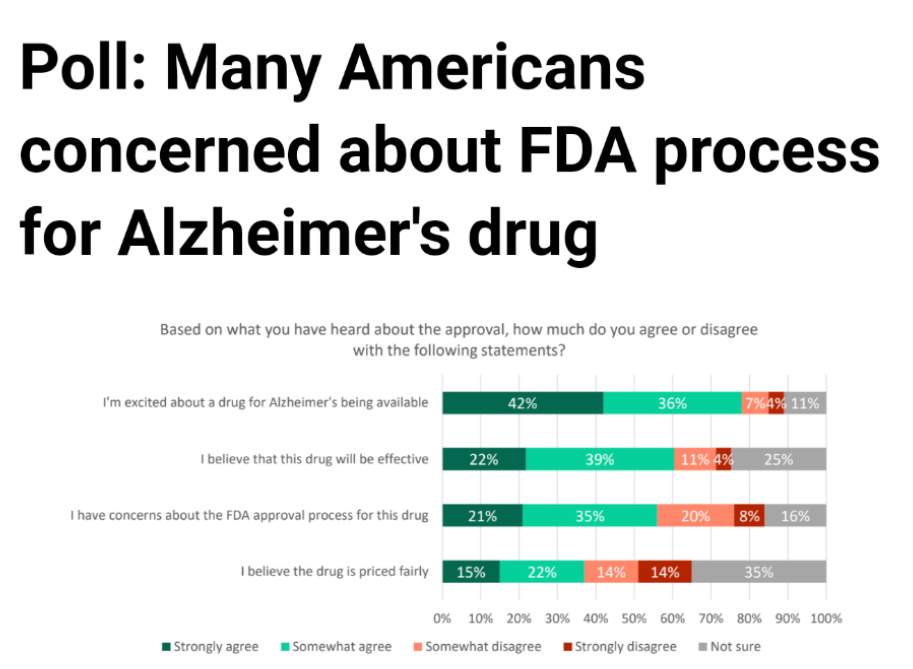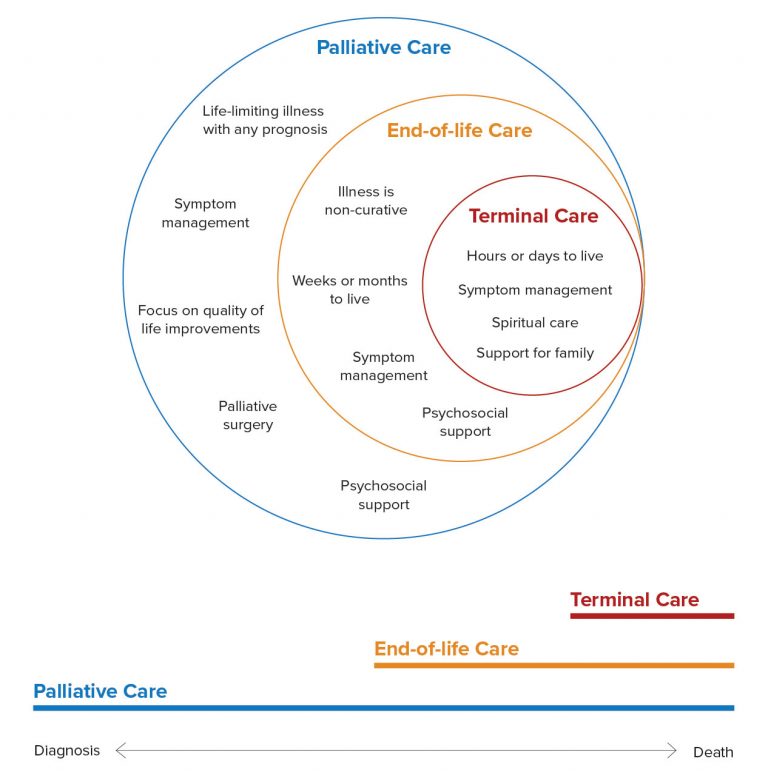Prioritizing Primary Care
Image by Abby Anaday via Unsplash
Primary care is comprehensive care, it’s preventive care, and it’s the care that has the potential to save the United States upwards of 65 billion dollars per year. As Louise Cohen states in this podcast episode, for every dollar the United States spends on healthcare, only 5-7 cents are put toward funding primary care. The U.S. healthcare system has long underinvested in primary care and prevention, and has instead prioritized acute care.
Several studies, such as those reviewed in Milbank Quarterly’s “Contribution of Primary Care to Health Systems and Health”, link access to primary care to premature death, with one study showing that the odds of premature death can be as much as 19% higher for adults who rely solely on specialists, rather than taking preventive measures with a primary care provider.
In this podcast, Diana Mason, registered nurse and host of this program, interviews Louise Cohen, CEO of the Primary Care Development Corporation. The Primary Care Development Corporation is the only community development financial institution dedicated to improving primary care capacity in communities and the nation, through low interest loans, technical assistance, and advocacy.
This interview was recorded on March 17th, 2021, as a part of HealthCetera in the Catskills on WIOX Radio.
Podcast: Play in new window | Download
Image by Abby Anaday via Unsplash Primary care





